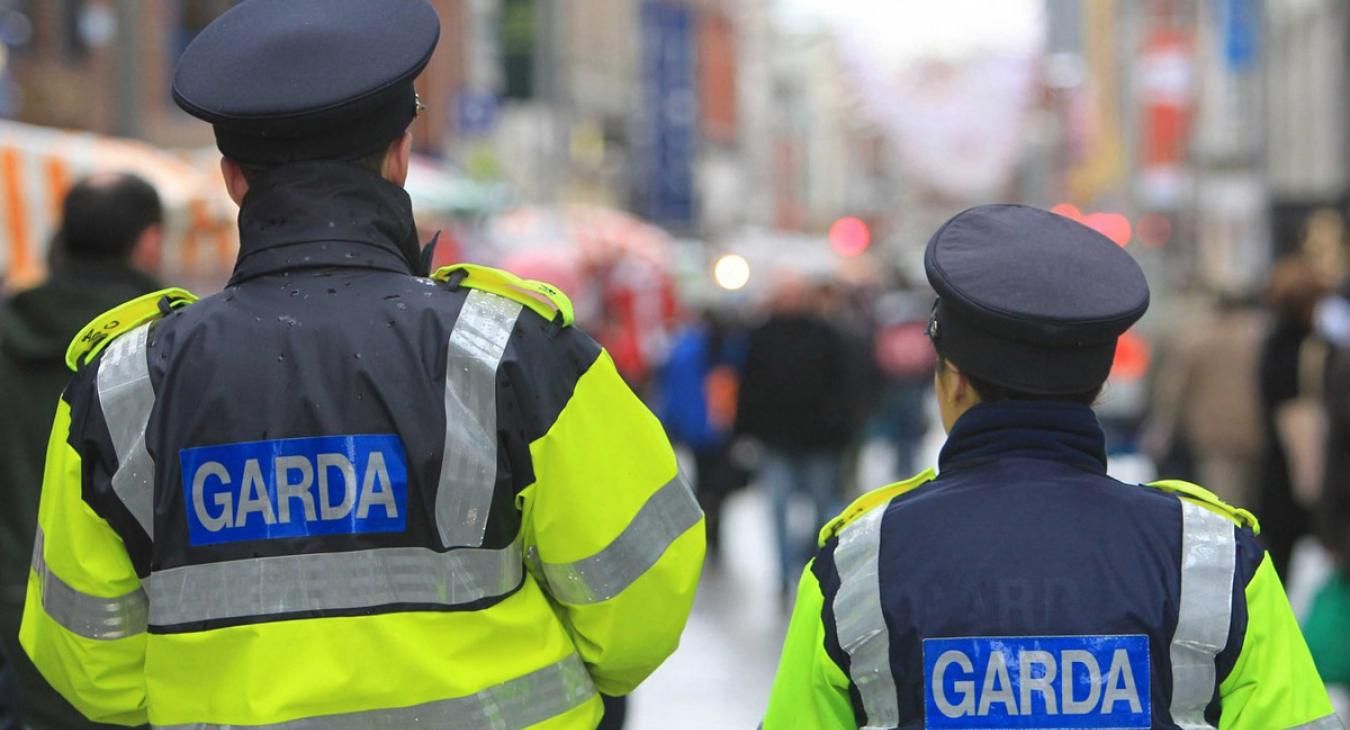The Irish Congress of Trade Unions has welcomed the decision from the Council of Europe upholding the complaint lodged by the Association of Garda Sergeants and Inspectors (AGSI) over the government ban on their participation in trade union action.
Commenting on the determination of the supervisory body (ESCR) of the Council of Europe on the complaint (83/2012) - lodged by the AGSI through EUROCOP - Esther Lynch, Congress Legal Affairs Officer said:
'this is a very welcome decision.There is a common misunderstanding that international law requires countries to prohibit their police forces from taking part in trade union action. As this Determination shows, the opposite is the case. States can only restrict or deny rights in exceptional situations and where the state can give concrete examples of why the restrictions are "justified" "necessary", "appropriate" and "proportionate". Blanket bans, such as apply in Ireland, represent a violation of rights," Ms Lynch said.
"In coming to their Decision the ECSR examined the specific situation in Ireland before concluding that there is no"compelling justification for the imposition of the absolute prohibition on the right to strike [for Gardai]set out in Section 8 of the 1990 Industrial Relations Act. As a result, the Committee considers that this statutory provision is not proportionate to the legitimate aim pursued and, accordingly, is not necessary in a democratic society" and held that Ireland is in violation of Article 6.4 of the European Social Charter.
'the 15 member Committee of Experts also held that the prohibition on the AGSI joining the Irish Congress Trade Unions (ICTU) was a violation of Article 5 of the Charter. The Committee went further and determined that Ireland is also in violation of Article 6.2 of the Charter on the grounds that it restricted access of police representative associations to pay negotiations," she said.
"Across Europe, police forces already enjoy the rights sought by the AGSI, without any negative outcomes for national security. In fact it can be argued that some of the recent difficulties highlighted by whistle blowers arose from the desire keep police separated from other groups. Other uniformed services, such as Prison Officers, are not denied the practice of their trade union rights.
"While the ruling specifically refers to the situation of the AGSI it has implications for all ranks of Garda and the four police representative associations here," she explained.
Ms Lynch said the government must "now take measures to bring the situation here into conformity with the Charter. For example, under section 18.2 of the Garda Síochána Act, the Minister for Justice is empowered to authorise the AGSI so they can apply for affiliation to Congress."

